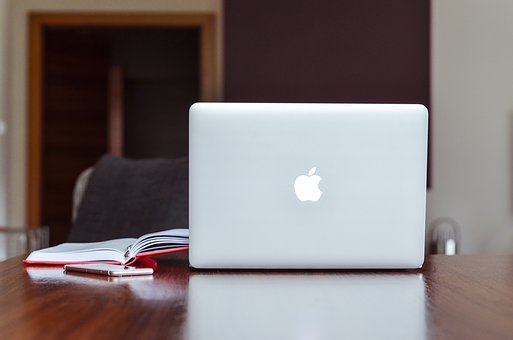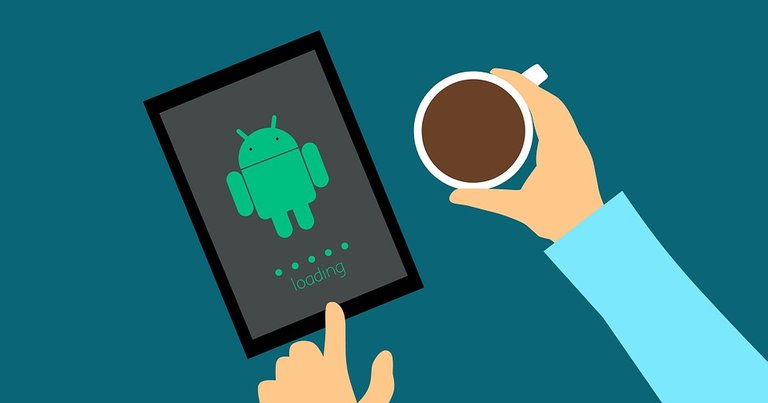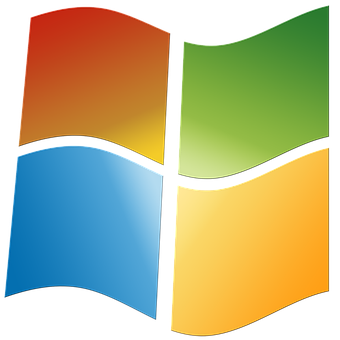Some Contradiction, perhaps?
Recently, I've been experiencing some performance problems with my Chromebook. However, this doesn't mean I'm going to backpedal on everything I said in my previous post. I still believe Chromebooks have merit, and I think that for what they are and for who they are designed for, they're wonderful machines. But it's recently come to my attention that 2 GB of RAM no longer cuts the cake like it used to. My three-year old Chromebook is finally going to be put away...
... For a mid-2009 Macbook.
I know what you're thinking: "Why dump a younger laptop for a much older model?"
Good question! The reasons are twofold: I can easily swap out the RAM and hard drive disk to create more space, speed, and efficiency (unlike with Chromebooks where everything is soldered together). And, if I absolutely have to, I can erase the Macbook's operating system and replace it entirely with a Linux one, something I, once again, cannot do with a Chromebook. Sure, it's definitely possible to put a Linux OS on a Chromebook, but it's over-top Chrome OS, which puts strain on the RAM.
It seems like I'm being contradictory, but I'm actually just creating more options for myself without worrying whether or not my laptop will crash as my Chromebook's been restarting itself a lot lately.
From Android to iOS
Today officially marks the first day of my foray into the iPhone world after years and years of being a huge propagator of Android (and vehemently against iPhones for their pricing and lauding some features that have been in Android phones for some time). My reasons for this hold greater weight, I think, than my move from a Chromebook to a Macbook. I shall list them instead of creating a giant block of text. Less headaches that way.
- I had a OnePlus 2, which, by modern standards, is still a decently powerful model, but it had some caveats.
1a. OnePlus (the company) decided that they would not update the OnePlus 2 to Android 7 from Android 6 like they had promised.
1b. The phone had some heating problems.
Google's adoption rate for new versions of Android is quite abysmal, with 7 only reaching 25% and 8 being barely adopted at all (coupled with the fact that 9 should be coming soon). iOS 11, Apple's new version of their mobile OS, has reached over 70% of their active devices.
I wanted to try something different.
Thus, enter the iPhone SE, which one can buy used (like I did) for around $150. Pretty damn good for an Apple product that's barely three years old. A four-inch phone with the specs of the iPhone 6s. I've messed around with iPhones before (mostly borrowing my wife's) but for brief periods of time. Not long enough to hold a valid opinion. I've realized that my negative perception of iPhones was muddied by my love for Android.
There is a caveat to switching, however. Internal storage is not upgrade-able for iOS devices. Whereas in most Android phones, I can expand the storage using an SD card, iPhone storage is static to the device you bought. Unfortunately, in a minor error of judgment, I bought the 16 GB model. It's not a huge deal, as I'm perfectly capable of gaming on my Nvidia Shield K1 tablet (which still holds up solidly today and even had a couple updates beyond its discontinuation). And games take up more storage than most applications.
When I initially turned on my iPhone SE for the first time, I was distraught. The screen didn't react to my touch at all for a full minute or two. Once it did, the phone ran buttery smooth. And after I updated the software to the latest OS version, there was no delay at all.
I feel like I made the right choice, and will continue to morph my opinion based on my experience as time goes by.
Some Pondering on Microsoft
I have nothing against Windows. But when compared with Linux and MacOS, its primary benefits appear to be specialized software and gaming, but mostly an emphasis on the latter. And I love me some gaming, let me tell you. The problem with Windows for me is bloatware and performance and how the two tend to correlate.
I said in my previous Tech Talk that much of Windows' sluggishness is the result of its kernel being inefficient. But that's only half the problem. The other piece to the equation is the bloatware that comes pre-installed into the consumer version of their operating system. From Cortana to the Windows Store, as well as the various other programs that individual companies tack on. It all weighs down the ship and eventually causes it to start sinking.
Which is why I love the Long-Term Servicing Branch (or LTSB) version of Windows 10. It is a stripped down, static implementation that only gets security updates and occasional feature updates far down the road from any other version. The purpose is to be used for businesses, where they're not forced upgrade constantly. This results in less bugs and a far smoother experience. One that will make you believe that Windows can be a great operating system for consumers again. It's been a while (since 7, in my opinion). Unfortunately, it's not available for the traditional average user.
You can acquire it illegally and install it with a USB stick (like you could with any other Windows), but that's up to your discretion. I won't condone it, but neither will I suggest against it. Because, if I'm being honest, Microsoft consumers deserve an operating system like LTSB.


